US-Russia escalation: continued standoff or a path towards genuine negotiations?
Russia and the US are not fated to go to war over Ukraine. There is still room for negotiation, argues Jérôme Bellion-Jourdan of the Graduate Institute.
The US and Russia are engaged in an escalation with cross-accusations matched with movements of troops and weaponry. The world is watching and there is apprehension that any incident could spark an open confrontation on the ground or in cyberspace. Is there still room for negotiation? The short answer is yes. Negotiation processes are meant precisely to prevent or avoid a conflict, or to find common ground in areas of (apparent) conflicting interests or worldviews.
From the viewpoint of negotiation practice, the current dynamics are not unusual. Parties trade accusations and threats, as if these were a sign of bargaining power: accusations that Russia is planning a military invasion of Ukraine, and threats of coordinated economic sanctions by the US and its allies. Parties often set pre-conditions for talks: over the phone to minister Lavrov on February 1, US Secretary of State Blinken “urged immediate Russian de-escalation and the withdrawal of troops and equipment from Ukraine’s borders”, knowing fully well Russia’s stance on its right to deploy troops on its own territory.
Accusations, threats, and impossible demands are not unusual, but they give the impression that the world is watching a wrestling match with presidents Biden and Putin sizing each other up in the ring. The comparison with wrestling stops here as there will be no winner or loser in this match. Negotiating allows adversaries to turn a confrontation into a collaboration. It requires striving for an end game where the interests of all sides are satisfied, and all sides benefit from an agreement.
Paradoxically, amidst the current escalation, one can still decipher signals of a resolution through negotiation. Bilateral talks between US Deputy Secretary of State Wendy Sherman and Russian Deputy Foreign Minister Sergei Ryabkov were held on January 10 in Geneva, immediately followed by a meeting of the NATO-Russia Council in Brussels and the OSCE in Vienna. Blinken and Russian Foreign Minister Lavrov have spoken several times on the phone and met face-to-face in Geneva on January 21. All this yielded no result, and yet, beyond the posturing, there seems to be room for negotiation.
Easily dismissed as a set of impossible demands, the two draft agreements released by the Russian Federation seem to have set the agenda. The draft “Agreement on measures to ensure the security of The Russian Federation and member States of the North Atlantic Treaty OrganizationExternal link” and draft “Treaty between The United States of America and the Russian Federation on security guaranteesExternal link” were initially rejected by the US. Before the Geneva talks, Blinken statedExternal link that it was “certainly part of the playbook to put out a list of absolutely nonstarter demands, and then to claim that the other side is not engaging and then to use that as somehow justification for aggressive action. […] Russia knows well what is a nonstarter, but […] there are also issues where we can engage”.
Yet the US and NATO submitted their written responses to the Russian demands. The documents were not meant to be public. However, as is routinely the case in negotiations, the documents were seemingly leakedExternal link with the Pentagon confirming their authenticity. After the talks in Geneva on January 10, Sherman had stated clearly that it “was not what you would call a negotiation” as the US was “not ready to set down text and begin to go back and forth”.
Nonetheless, the very title of the US response is promising: “Areas of Engagement to Improve Security”. The document states a readiness to “consider arrangements or agreements with Russia […] to address our respective security concerns”. On a range of issues from “Force Posture in Ukraine” to “Intermediate and Shorter-Range Ground-Launched Missiles”, the document states the US position and concerns, but also refers to specific articles of “Russia’s proposed bilateral treaty”. If there are areas where both sides see a mutual interest in engaging, what is missing for meaningful negotiations to be initiated?
First, building some level of trust is necessary, albeit difficult. Despite the promise of the Biden-Putin summit in June 2021 in Geneva, mistrust seems to be a major impediment fuelled by Cold War-like rhetoric. The recognition of mutual concerns and interests is a first step towards trust building. Restoring trust could help find solutions to seemingly incompatible demands. For instance, Washington’s firm support on “NATO’s Open-Door Policy” will continue to be an irritant as Moscow is fiercely opposed to Ukraine joining NATO. Can common ground be found? NATO’s Open-Door Policy could remain with an understanding – already widespread within NATO – that Ukraine would not join at present.
Second, agreement needs to be found on the appropriate formats and processes for complex negotiations. In its response to Russia, the US refers to several “proposed fora” depending on the issues: bilateral within the Strategic Stability Dialogue and/or in the NATO-Russian Council and the OSCE. The meeting of January 26 of the “Normandy format” between Germany, Russia, Ukraine and France offered a different avenue for discussions. Though the US is not represented, this format could, if smartly used, help defuse US-Russia tensions. Exploring creative new formats could also help remove roadblocks.
Finally, third parties may help build trust and forge agreement on negotiation formats and processes. While both the US and Russia claim to abide by the Charter of the United Nations, there is no sign that the UN could play a mediating role. Ironically, one could even argue that the UN as a forum is being used to fuel conflict rather than to defuse tension. The UN Security Council was called by the US for a meeting on January 31 despite the opposition from Russia. The move came just before Russia’s presidency of the UNSC in February. Sharp exchanges ensued. US permanent representative Linda Thomas-Greenfield claimed the moral high ground for seeking to protect the international order. “What would it mean for the world if former empires had license to reclaim former territories by force,” she asked, while the Russian permanent representative Vassily Nebenzia called the meeting “ironic” as the United States holds the world record for troop deployments outside its borders. China suggested at this meeting that the situation called for “quiet diplomacy, not microphone diplomacy”. With Beijing hosting the 2022 Winter Olympics, could China help foster quiet diplomacy?
Maybe the time has come for “thirdsiders” to play a role – to use William Ury’s conceptExternal link of a third side to consider the interests of parties to a conflict and those of the greater community. Spectators of the Olympic Games could warn the US and Russia against further escalation in Europe, and its likely collateral damages in places like Syria, already hostage of a proxy war with a tragic death toll over the past decade. Thirdsiders worldwide could call on all parties – not only Russia and the US – to sit at the negotiating table and look into security issues in the wider context of other global issues such as climate change and inequalities, which require a spirit of collaboration rather than confrontation. Thirdsiders could urge the US and Russia to stop acting as wrestlers and to start dancing as ice-skating partners so that they both come out as “winners”. This would demonstrate the power of negotiation to turn the impossible into the possible. It would also contribute to a third “win”, the win of the whole.
The views expressed in this article are solely those of the author, and do not necessarily reflect the views of swissinfo.ch.

In compliance with the JTI standards
More: SWI swissinfo.ch certified by the Journalism Trust Initiative









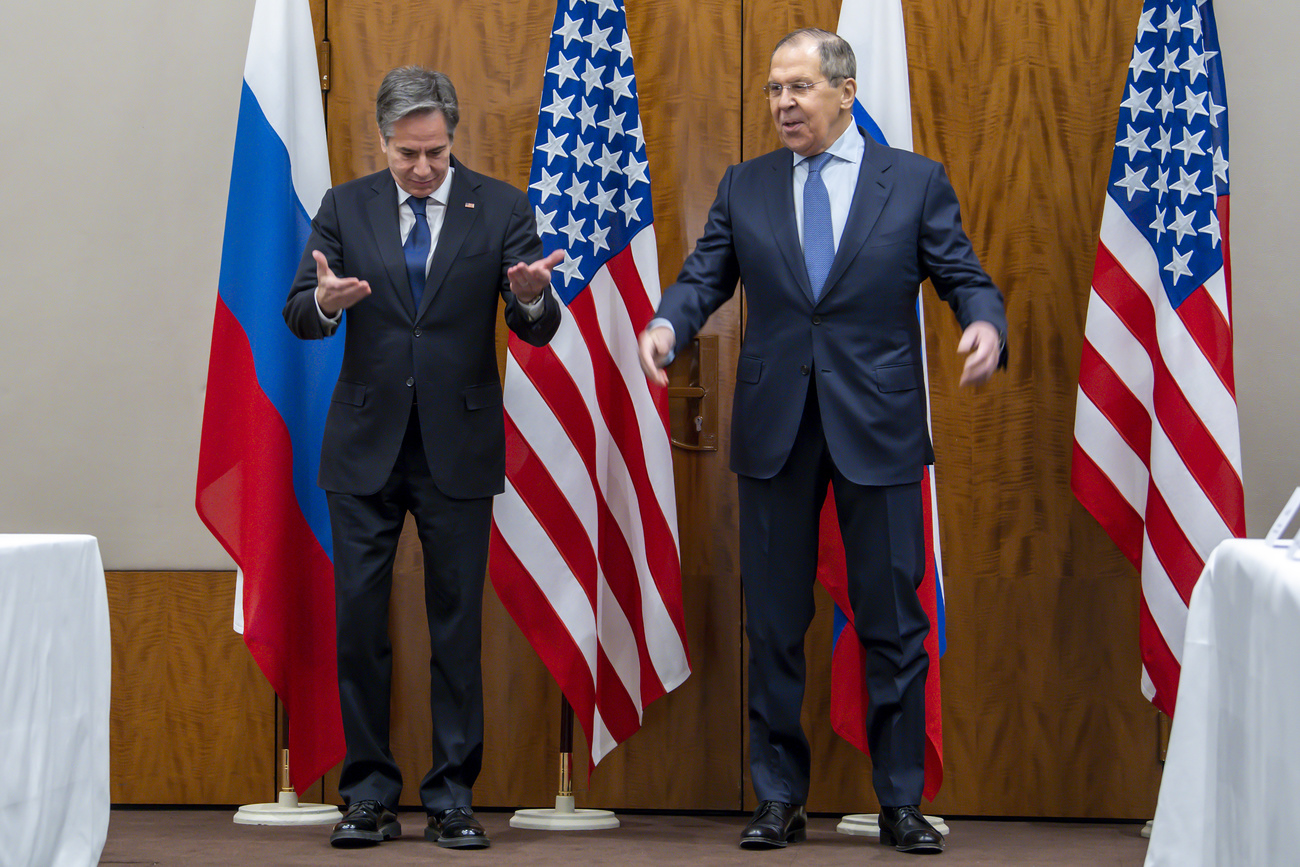
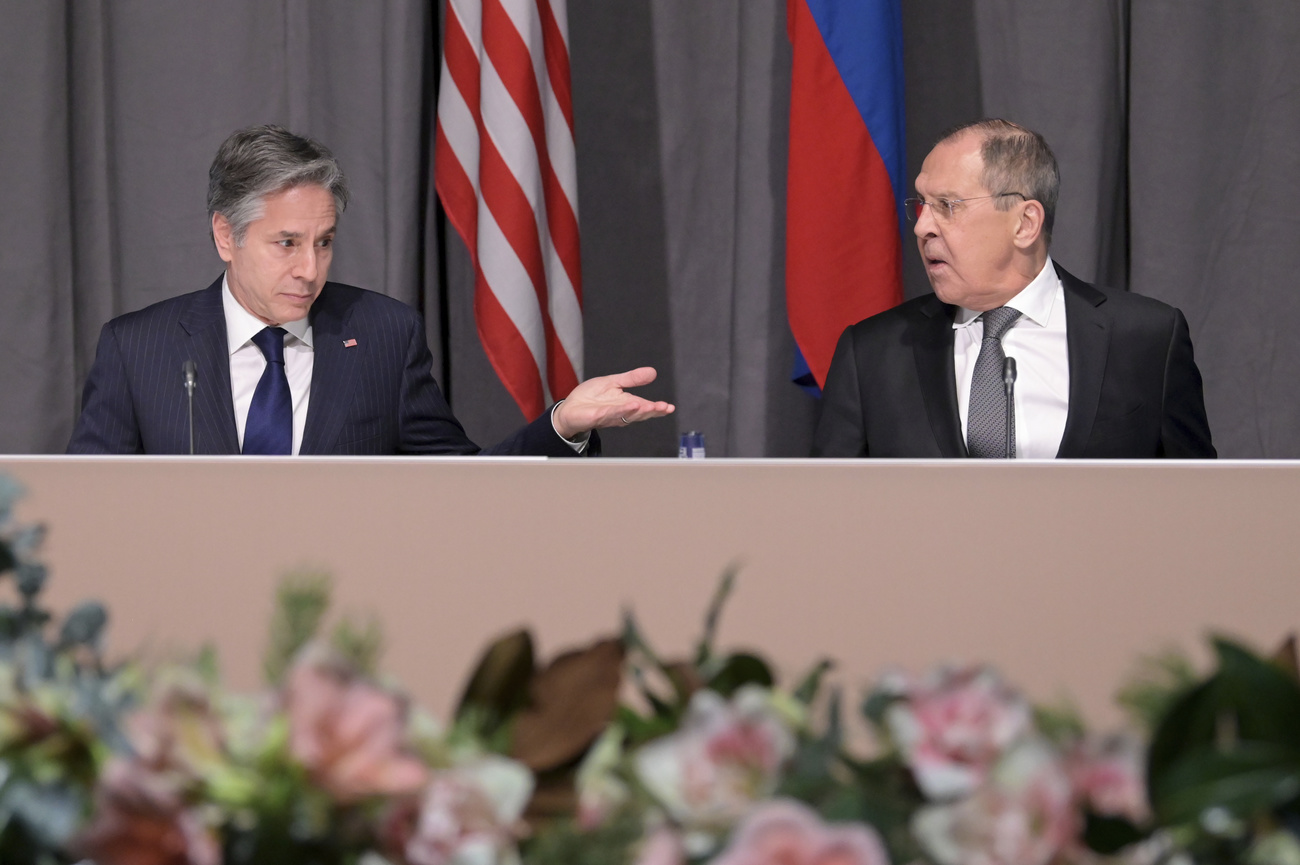
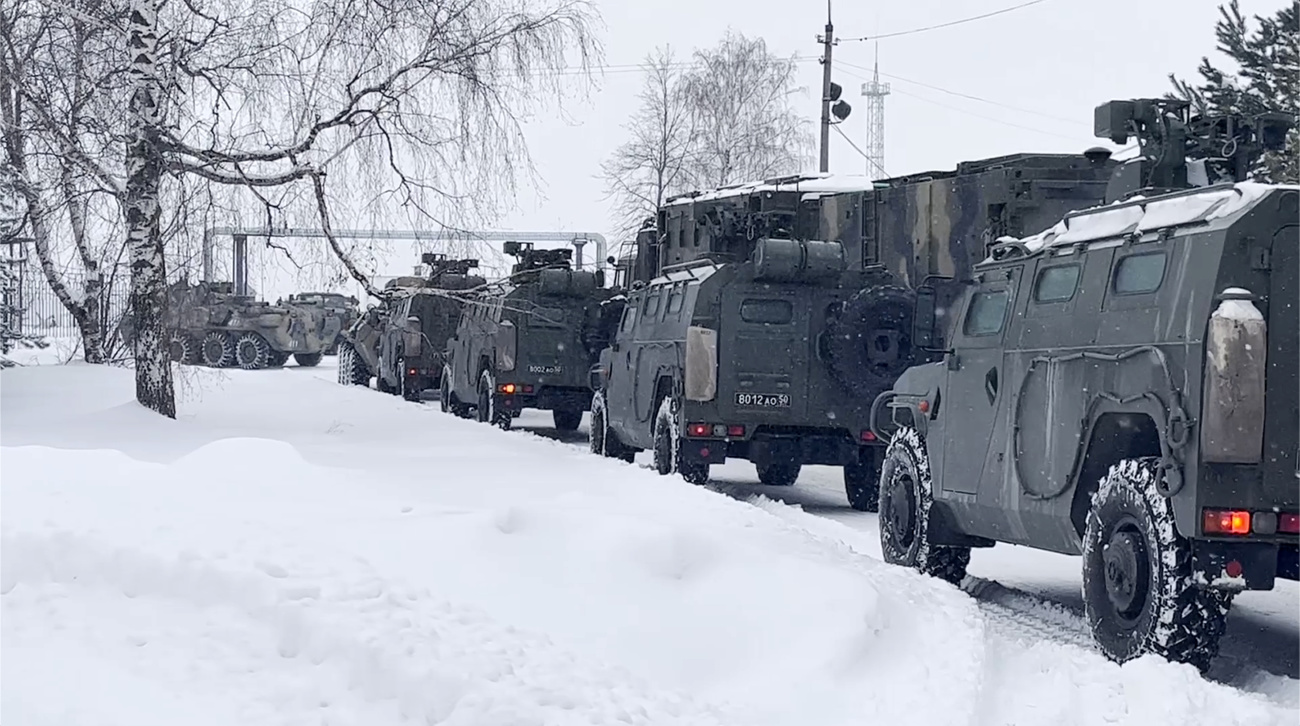
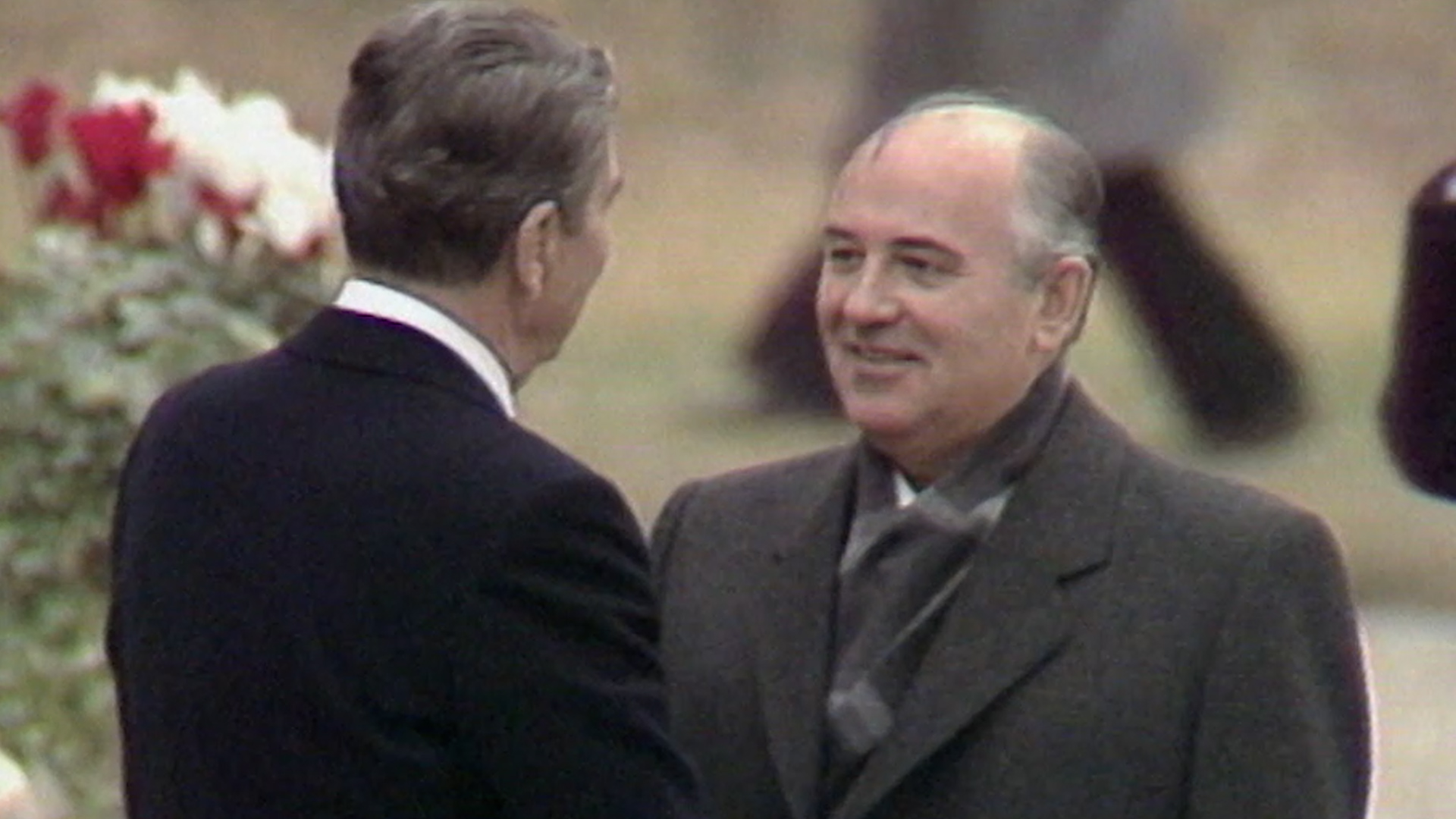
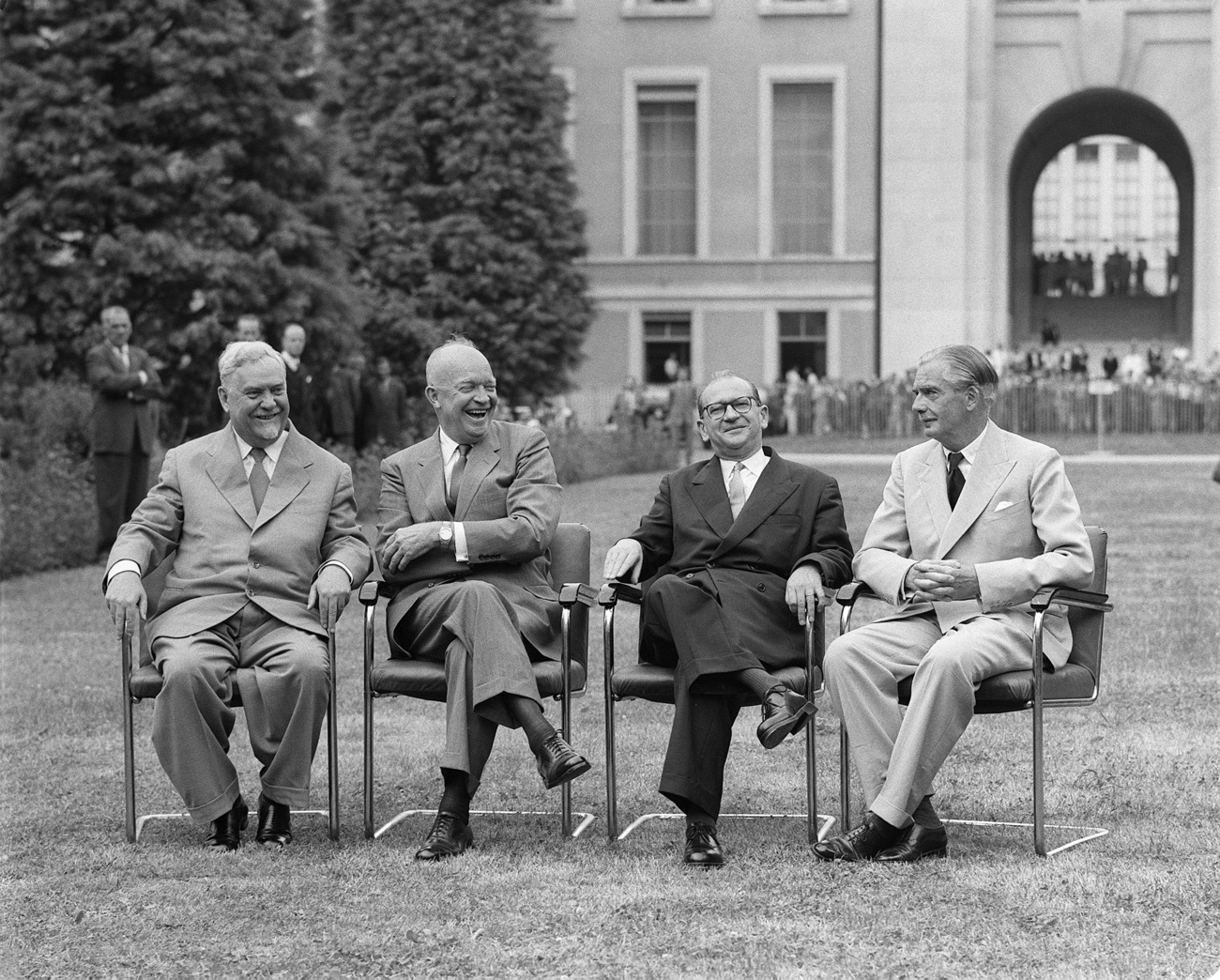
You can find an overview of ongoing debates with our journalists here . Please join us!
If you want to start a conversation about a topic raised in this article or want to report factual errors, email us at english@swissinfo.ch.